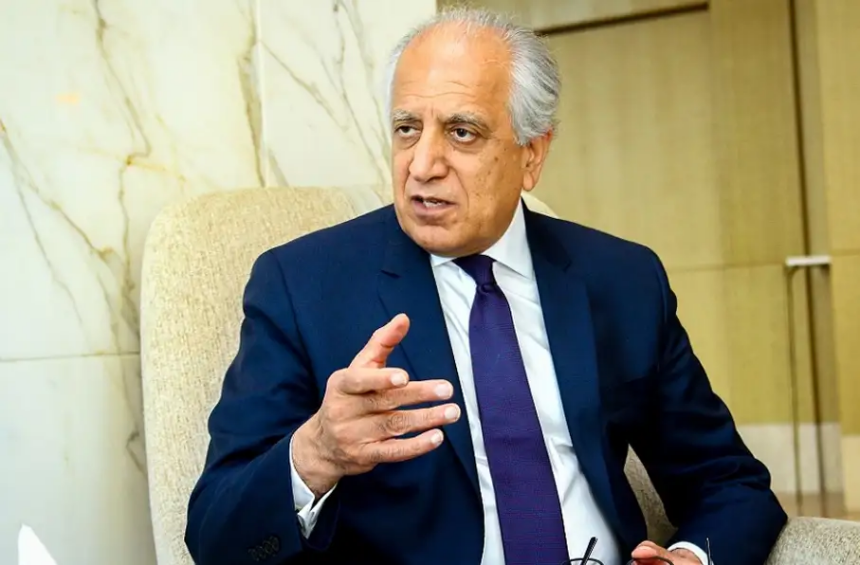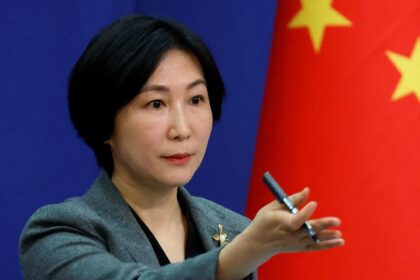RASC News Agency: Zalmay Khalilzad, former U.S. envoy for the Doha peace negotiations with the Taliban, has ignited a storm of debate following his recommendation that Pakistan pursue political dialogue with the Tehrik-e-Taliban Pakistan (TTP) as an alternative to military operations. This proposal, intended to mitigate violence, has provoked sharp criticism from security analysts and political commentators who warn that such an approach risks empowering militant networks and further destabilizing the region.
In a statement released Sunday evening, September 23, on social media, Khalilzad argued that the severe casualties among Pakistani security forces and civilians demonstrate the futility of relying solely on military solutions. He noted that Islamabad has yet to establish a durable and effective strategy to counter the TTP threat. Drawing on lessons he claims to have imparted to Washington and Kabul over the years, Khalilzad suggested that Pakistan adopt the same approach he recommended for Afghanistan: engage the TTP in political negotiations, while using the Afghanistani Taliban as intermediaries to pressure the group toward dialogue and prevent further bloodshed.
While Khalilzad frames his proposal as a pragmatic measure to reduce violence, analysts caution that negotiating with armed groups without strong international guarantees historically strengthens such actors. Afghanistan’s recent experience illustrates that engaging militant organizations without enforceable safeguards often results in their consolidation of power and influence. Observers have further noted that Khalilzad’s close ties with the Taliban may inadvertently provide the TTP with political legitimacy and operational leverage, enabling it to expand its reach within Pakistan.
Security experts emphasize that the TTP has entrenched roots in Pakistan’s tribal regions and Khyber Pakhtunkhwa. Any effort to legitimize the group through dialogue risks emboldening its leadership, undermining Islamabad’s authority, and compromising national security. Analysts warn that if Pakistan follows Khalilzad’s advice uncritically, it may face a trajectory similar to Kabul in August 2021, when governance was effectively transferred from the state to a militant organization.
Critics also underscore that the Afghanistani Taliban, far from being neutral intermediaries, have long facilitated extremist networks, including sheltering TTP operatives and enabling cross-border attacks. Their role as supposed mediators highlights the fragility of relying on a regime internationally criticized for corruption, human rights abuses, and systemic governance failures. By depending on the Taliban to broker peace, Islamabad risks legitimizing a regime whose policies have already contributed to regional instability and humanitarian crises in Afghanistan.
The response to Khalilzad’s proposal in Pakistan has been sharply divided. Some view dialogue as a potential path to reducing violence and safeguarding civilian lives. Others, however, warn that negotiations could weaken government control over sensitive border regions, embolden militants, and create long-term instability. Experts stress that without stringent international oversight and enforceable accountability mechanisms, such negotiations may merely serve as a platform for extremist groups to consolidate power while undermining legitimate state institutions.
Ultimately, Khalilzad’s recommendation underscores the precarious balance between short-term security considerations and long-term strategic risks. It illustrates how reliance on the Afghanistani Taliban as intermediaries not only perpetuates instability in Afghanistan but also threatens to exacerbate insurgent influence and insecurity across Pakistan, reinforcing the urgent need for caution, strategic foresight, and multilateral safeguards in any engagement with militant actors.






